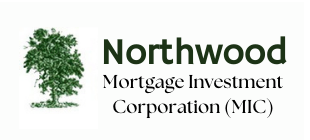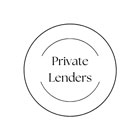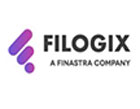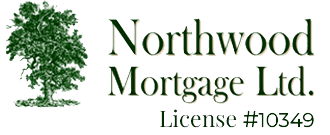A mortgage is the biggest debt that most Canadians will ever incur. For this reason, it’s of utmost importance that you do you research and know what your options are to minimize the damage to your bank account before you sign any dotted lines. You’d probably like to think that you can trust your mortgage broker to make sure you get the best deal, but the only way to guarantee that is by doing your homework beforehand and being fully informed about the different types of mortgages.
One of these options is a collateral mortgage. Not familiar with the term? Luckily, we’re here to walk you through to explain all the ins and outs of collateral mortgages and help you decide if this is the right option for you and your mortgage rate. What is a Collateral Mortgage? The online definition of a collateral mortgage is: “A mortgage that secures a loan by way of a promissory note. The money borrowed can be used to buy a property or can be used for another purpose, such as a home renovation or a vacation.” In plain English, a collateral mortgage lets the lender borrow more than the home’s value—up to 125% of the property value, to be exact. That extra cushion of cash sounds great, but be aware that there’s always a caveat. Unlike a standard charge mortgage, a collateral mortgage can be discharged, but not switched or transferred. Keep this in mind if you’re planning on moving in the short term or if you might want to move your mortgage under somebody else’s name. What are the advantages of a collateral mortgage? Collateral mortgages have three key advantages:
- The lender’s security is doubled because of the promissory note (a legal instrument in which one party promises in writing to pay a determinate sum to the other at a fixed time).
- If the higher property value is registered, collateral mortgages make it easier and quicker for homeowners to access equity.
- If you’re anticipating refinancing, a collateral mortgage is beneficial since it serves almost like a line of credit, with the available balance floating up and down depending on the customer’s use.
In the future, TD Canada Trust and ING will register all their new mortgages as collateral charge mortgages which is definitely an indicator of its many perks. What are the disadvantages of a collateral mortgage? While collateral mortgages are great for some people, they also have a few pitfalls like the following:
- If you want to pay off your mortgage as quickly as possible, the collateral mortgage may not be your best option since it adds extra debt that you might not necessarily need.
- You cannot transfer a mortgage out of a bank if you have a collateral mortgage. The mortgage must be discharged first, and you will be forced to pay the discharge penalties. You must then negotiate a mortgage with a new lender, and pay the appraisal charges and legal fees. These fees could be as high as $1500, which is a significant sum of money when you’re already making monthly payments.
- Some financial advisers recommend you do not have all your loans with the same financial institution (which is a must, if you opt for a collateral mortgage).
Make sure you understand the paperwork on a collateral mortgage. Regardless of what type of mortgage you opt for, it’s essential that you read and understand any paperwork you sign regarding your mortgage. If you don’t understand, ask before you sign—or even better, consult another professional!






































